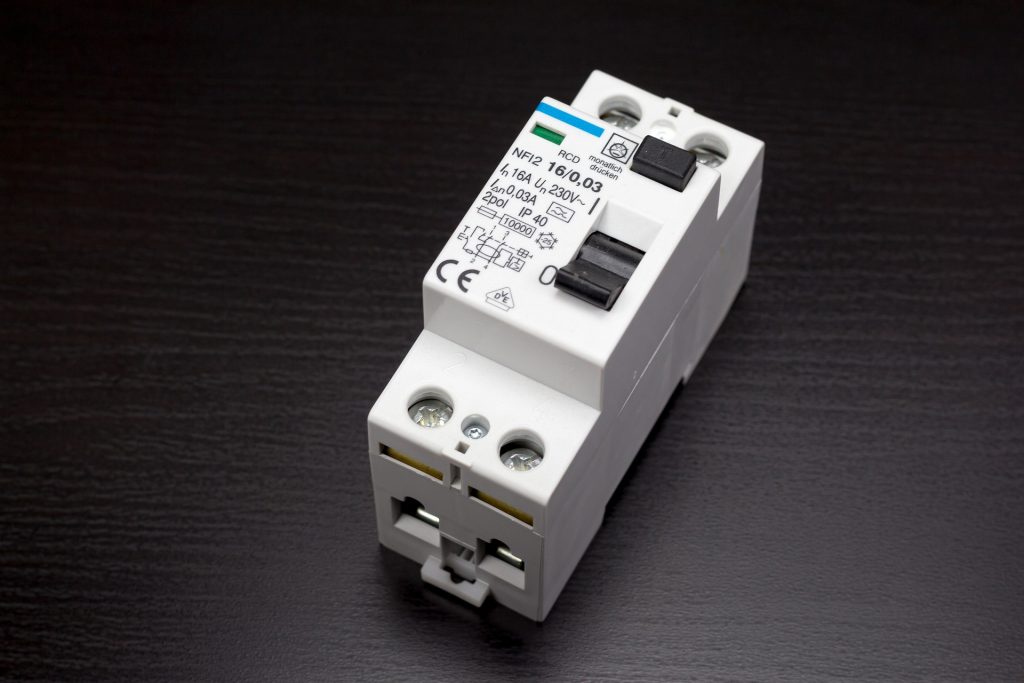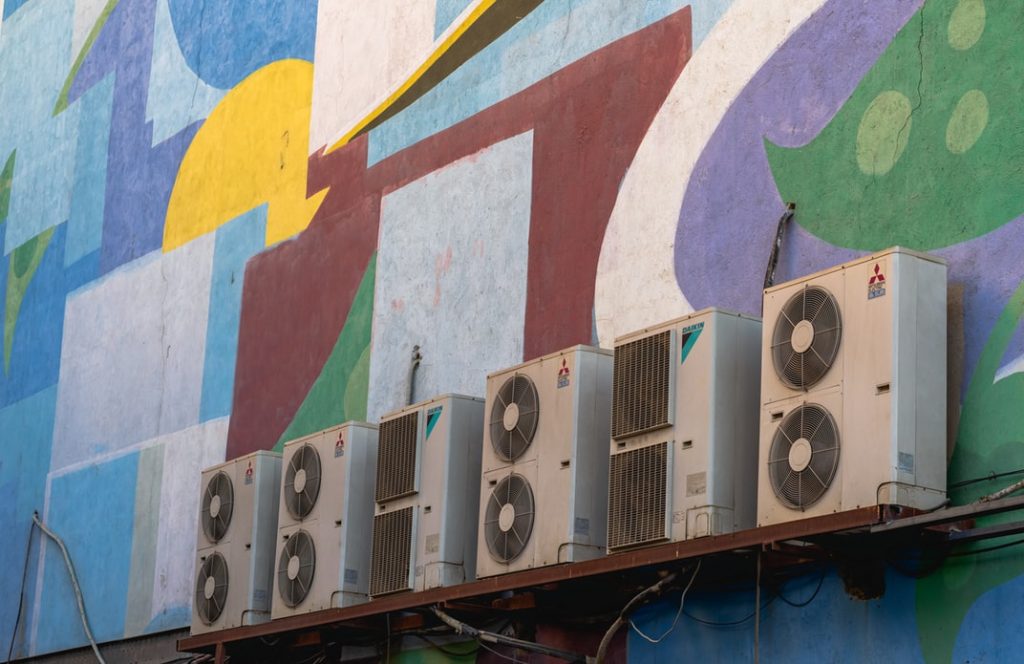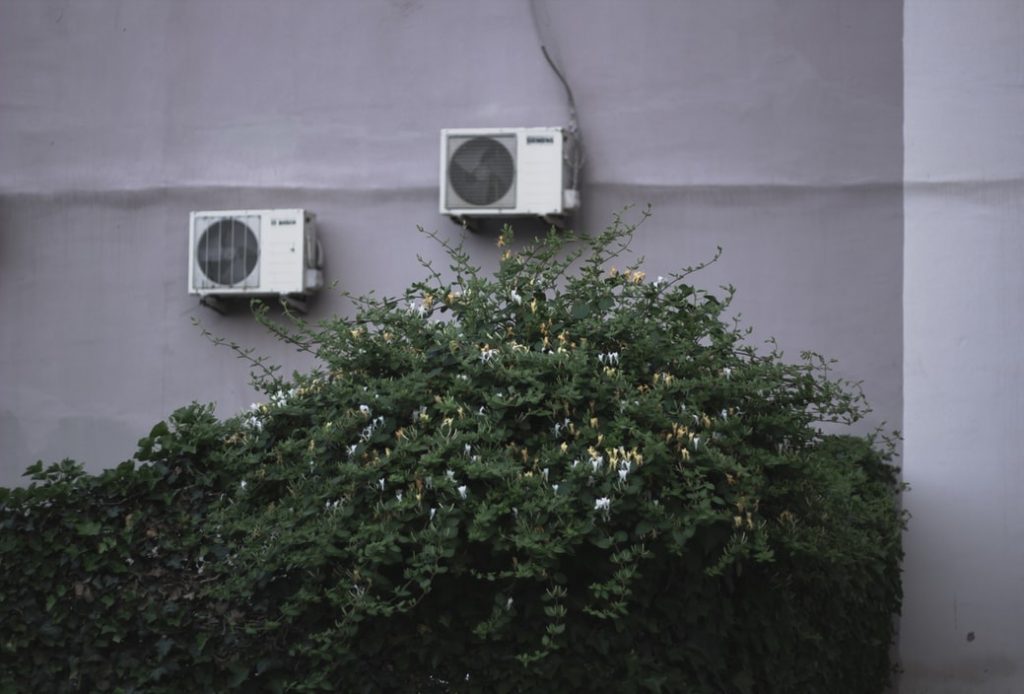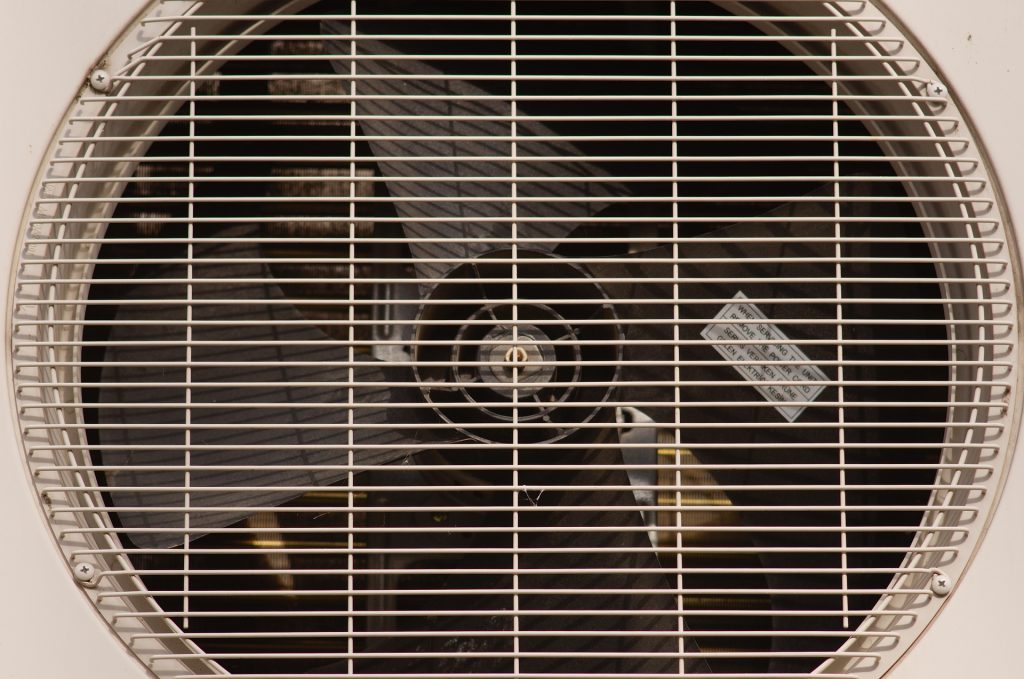It happened again! Your AC circuit breaker keeps tripping and can’t figure out why! This is never the best experience, especially during that scorching heat of summer.
However, this shouldn’t be too bad, right? If it happens repeatedly, it certainly is something serious and needs to be checked by a professional. But not to worry, at AHWA, our experts have the ultimate solution.
The fact is, a circuit breaker is your home’s guard against current overloads that might result in disasters like fire. If your circuit breaker keeps tripping, it’s mainly because it’s receiving more current than it can handle. For instance, if your air conditioner demands 30 amps and the circuit breaker is meant to cut power at 20 amps, it will continually cause tripping.
The main question is, what is causing your AC system to demand more voltage than it usually needs?
Top Reasons Why Your AC Trips Circuit Breaker
1. Insufficient Refrigerant
An AC uses a refrigerant to cool the hot air in your house. If there isn’t enough of this component in your AC system, the result is inefficiency. The system has to work harder and for longer times to provide the desired environment.
This means that the AC will demand more power than usual to do the same task it does at lower power. If this power demand surpasses the circuit breaker cut-off point, it will undoubtedly trip. This will also lead to your system’s overheating and might ultimately damage your AC.
If you want to rectify this and avoid costly repairs later, calling an expert from AHWA is a perfect solution. The expert should assess the problem, refill the refrigerant, and even seal leakages that might have caused the refrigerant levels to go down.
2. A Dirty Air Filter
A simple thing as not properly maintaining your AC’s air filter can be the main culprit in your tripping problem. First, dirty air filters mean inefficient AC systems as the unit works extra hard to offer the ideal temperatures at your house.
The AC unit will not only be required to work harder, but it will also need to run longer to maintain that right temperature. This result of an overworking AC is drawing more power.
This, on the other hand, causes tripping of the AC circuit breaker, as the AC’s power demand surpasses the breaker’s cut-off point. Overworking of the AC will also cause your unit to overheat and wear down rapidly,
The simple solution here is proper maintenance – changing the air filter as required ensures that your AC runs efficiently.
3. Dirty Condenser Coils
Dirty, unmaintained condenser coils might be to blame for the tripping, just like the dirty air filters or low amounts of refrigerant. And, it all stems down to poor maintenance of your AC.
When the refrigerant in your indoor AC system absorbs the excess heat from the rooms, it transfers it to the condenser unit outside. The condenser coils are then responsible for dispersing the hot air into the external environment, thus cooling the house.
If these coils are covered with dirt or debris, you can be sure that the heat absorption and dispersing process will be affected. As a result, the AC again overworks, overheats, and demands more electricity to keep cooling the house. This will ultimately lead to the tripping of your circuit breaker.
While washing the coils can be a DIY task, the best thing would be to notify an HVAC expert. This will ensure that the entire system is checked and any problem rectified.
4. Broken Coil Fan
When the condenser coils absorb the heat from the refrigerant, the coil fun blows over these coils, dispersing the heat into the outside environment. If this fan is broken or not working optimally, the result is obvious – less or no heat dispersion.
One main reason why the fan might not be working properly is a broken motor. However, dirty fan blades covered with grime might also cause strain on the fan motor, causing it to overheat and malfunction.
If your condenser coils can’t cool down, it means that the system will overwork and overheat, causing it to require more power. More power demand only means tripping of the AC’s circuit system.
If you experience such a problem, ensure you have the right person rectifying the problem. Call an expert from AHWA.
5. Compressor Hard Start
A compressor is the main component of an AC system. If this part fails, the entire system fails too. While the compressor doesn’t break down as often, age eventually catches up, and it’s no longer as efficient.
One way this happens is by experiencing hard starts. A hard start is when the compressor starts having difficulties starting and running. This makes the system demand more power to start working, which might cause tripping of the circuit breaker.
As the heart of the system, a failed compressor might cause even bigger problems than tripping, requiring you to change the entire system. Now, this is costly and such an inconvenience.
So, if you notice continuous tripping on the circuit breaker, don’t keep turning the AC back on and ignoring the problem. You require a professional to check the system and prevent resulting costly repairs.
6. Grounded Compressor
A grounded compressor implies broken electrical windings inside the compressor. If this is the case, the windings hit the compressor’s side, resulting in a direct short to the ground.
When this happens, it ignites the oil, ultimately causing burnouts. This, on the other hand, results in tripping of the circuit breaker.
This isn’t a simple situation, and it requires you to replace the entire compressor, as well as clean your system’s refrigerant lines.
7. Loose wires or Aging Components
Simple issues like a loose wire or aging AC parts might also be responsible for the tripping. This necessitates an overhaul inspection by an HVAC professional, to determine where the loose connection is or which parts need to be replaced.
If proper and regular maintenance is done, most of these issues can be detected earlier and avoided.
8. Frozen Evaporator Coil
As earlier mentioned, proper maintenance is the key to an efficiently running AC system. Failure to do so can cause any of the above issues and result in poor airflow in the system.
With the poor circulation of air, the evaporator coil tends to freeze up. This results in the AC system drawing more power than usual, leading to circuit breaker tripping.
Any sign of ice on your AC system inside coils signifies a freezing evaporator coil. If you notice this, don’t try turning on the AC system again. Seek the services of an AC expert to ensure more damage is prevented.
9. Faulty Circuit Breaker
Sometimes, the AC system is not always to blame for the tripping. In some cases, the circuit breaker itself might be the problem.
For instance, there might be loose connections on the circuit breaker wires. Also, the circuit breaker might be faulty and simply needs to be replaced. That’s why you always need a professional to determine where the problem is emanating from.
[related_posts_by_tax posts_per_page="3" format="thumbnails" image_size="medium"]









